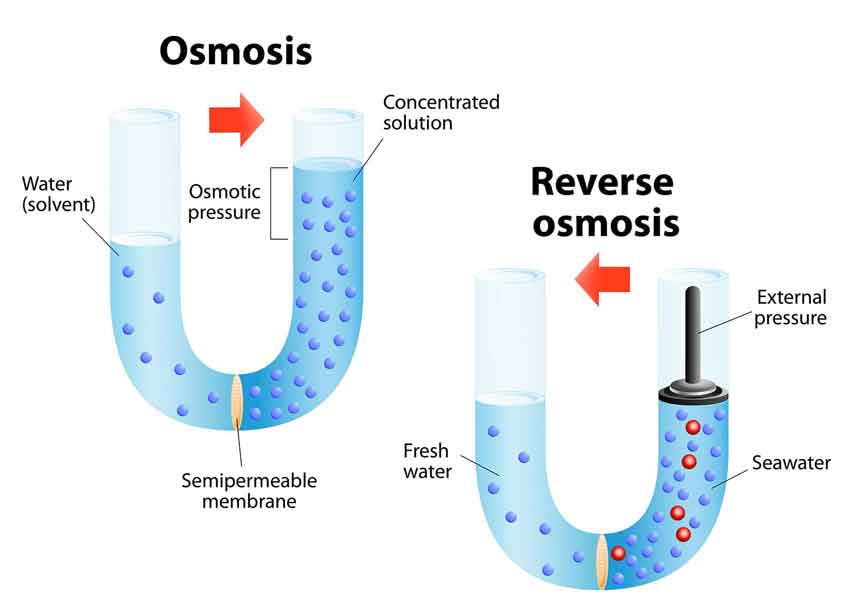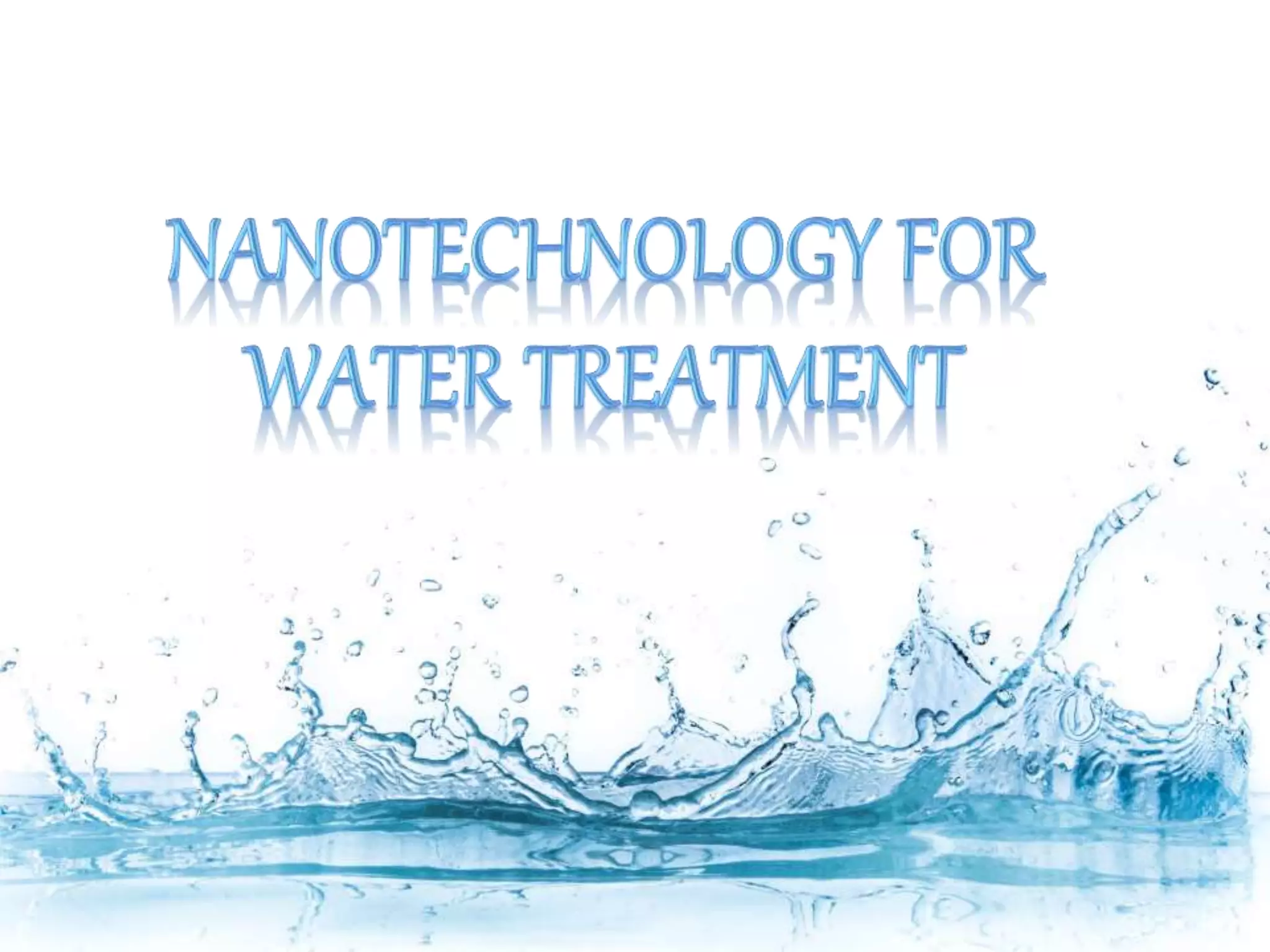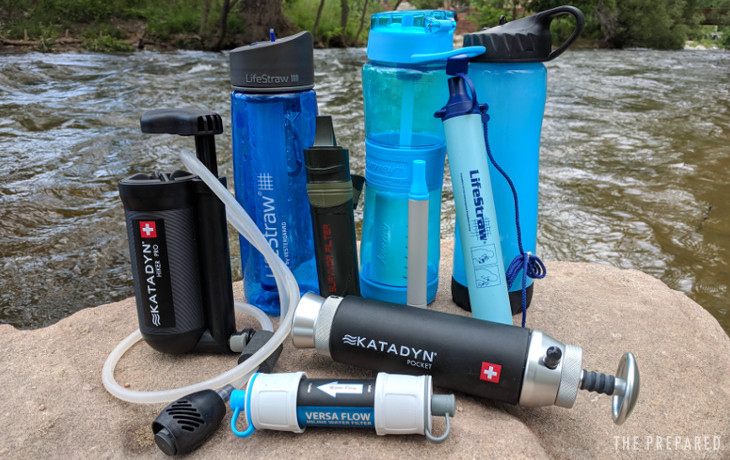Choosing the Right Water Filtration System for Your Home

Clean water is vital for our health, cooking, cleaning, and more. With increasing concerns about the quality of municipal water supplies and well water, many homeowners are turning to home water filtration systems. But with so many options on the market, how do you choose the right one for your needs? Let’s break it down.
Why Invest in a Water Filtration System?
Before we delve into the specifics of choosing a system, it’s essential to understand the significance of filtered water.
Importance of Clean Water
- Health: Contaminated water can carry bacteria, viruses, and harmful chemicals that can lead to health issues.
- Taste and Odor: A good filtration system can eliminate the unpleasant taste and odor from tap water, giving it a more refreshing taste similar to bottled water.
- Appliance Longevity: By filtering out minerals and contaminants, you prolong the life of appliances that use water, such as coffee makers and kettles.
Types of Water Filtration Systems
There are several types of water filtration systems, each designed to tackle specific issues. Here are the most common ones:
Activated Carbon Filters
These are the most commonly used household water filters. They remove contaminants through chemical absorption. They are excellent for removing organic compounds, chlorine, and improve taste and odor.
Reverse Osmosis Systems
RO systems use a semipermeable membrane to remove ions, molecules, and larger particles. They’re effective in eliminating lead, fluoride, and some bacteria and viruses.
Distillation Systems
Water is boiled, and the steam is captured and condensed, forming water. It’s a slow process but effective against many contaminants.
UV Filters
UV filters use ultraviolet radiation to treat water, killing bacteria and viruses. However, they don’t remove non-biological contaminants.
Integrating Water Systems: Tankless Water Heaters
While we’re on the topic of home water systems, another aspect worth considering, especially if you’re revamping your water setup, is heating. Enter tankless water heaters.
The Best Tankless Water Heater and Its Benefits
Best tankless water heater, sometimes referred to as an on-demand heater, heats water only when required. This differs from traditional heaters, which store and continuously heat water in a tank.
Benefits include:
- Energy Efficiency: Since they heat water on demand, there’s less energy wastage.
- Continuous Supply: They provide a continuous flow of hot water, ideal for families.
- Space-saving: Without the need for a bulky tank, they’re perfect for homes with limited space.
While integrating a filtration system, it’s an opportune moment to evaluate your home’s water heating system. The synergy between a robust water filtration system and an efficient tankless water heater can redefine your water experience at home.
Factors to Consider When Choosing a Filtration System
- Water Source: Is your primary water source municipal, well water, or another source? The source can determine the contaminants present.
- Water Testing: Get a water test done to ascertain the specific contaminants in your water.
- Budget: Systems range in price, so set a budget. Sometimes, a combination of systems might be necessary for comprehensive filtration.
- Maintenance: Some filters need more frequent replacements, so consider the ongoing costs and effort.
- Environmental Impact: Systems like RO can waste water, while others, like UV filters, are more eco-friendly.
Conclusion
A water filtration system is an invaluable investment for any home. It ensures the water you consume and use is clean, healthy, and tastes good. When combined with efficient water heating solutions, like the best tankless water heater, you not only get clean water but also have it at the right temperature whenever you need it. Make informed choices based on your specific needs and enjoy the multitude of benefits they bring.
FAQs
- Why is a water filtration system necessary for homes?
- Filtration systems remove contaminants, ensuring healthier water, improving taste and odor, and prolonging the life of water-using appliances.
- How does an activated carbon filter work?
- It removes contaminants through chemical absorption, primarily targeting organic compounds and chlorine.
- What is a tankless water heater?
- A tankless water heater heats water on demand without storing it in a large tank, leading to energy efficiency and continuous hot water supply.
- Are UV filters eco-friendly?
- Yes, UV filters use ultraviolet radiation to kill bacteria and viruses without wasting water, making them environmentally friendly.
- How often do I need to replace or maintain my water filtration system?
- This varies based on the type of system and usage. Always refer to the manufacturer’s guidelines and regularly inspect the system for optimal performance.
- Can I have both a filtration system and a tankless water heater in my home?
- Absolutely! In fact, integrating both can enhance your overall water experience in terms of quality and temperature.











